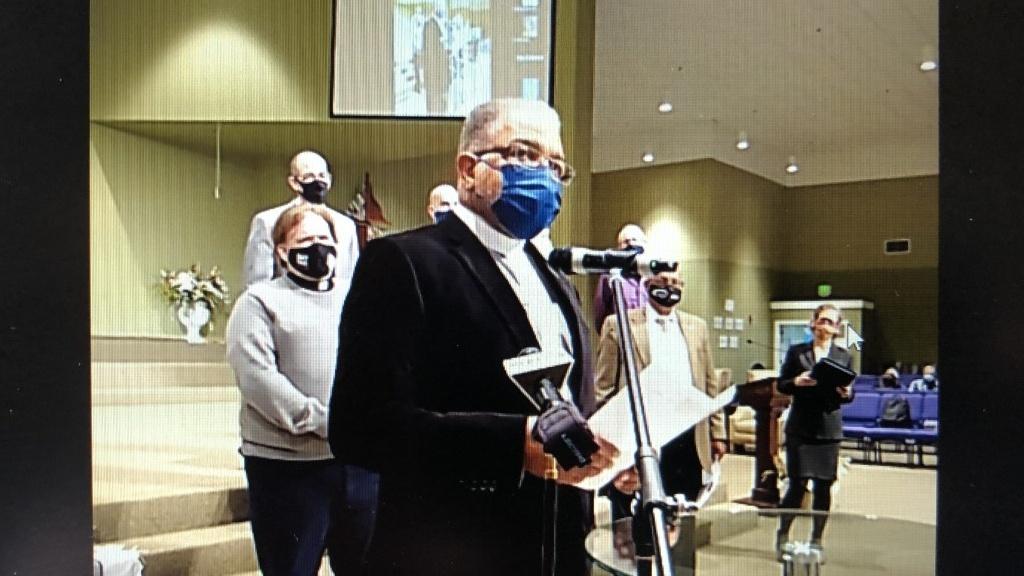Members of the clergy in Mississippi say they’re delivering a letter to the governor and state legislators today urging them to expand Medicaid.
Clergy to deliver letter to gov. and legislature urging Medicaid expansion


Members of the clergy in Mississippi say they’re delivering a letter to the governor and state legislators today urging them to expand Medicaid.

LISTEN HERE
Ministers with Working Together Mississippi say more than 300 faith-based leaders have signed a letter urging the legislature to take up expanding Medicaid. Brian Seage, Bishop of the Episcopal Diocese of Mississippi, says it’s estimated about 300,000 working poor in the state don’t have access to healthcare.
“I believe it’s horrible, particularly in the face of a pandemic that we aren’t being more proactive and looking for more ways to offer healthcare rather than less ways. I fear that some of the stuff we don’t know about COVID. It’s just going to be piling up on us in the years to come as well as a number of untreated issues,” said Seage.
Seage says it’s not a political issue, but a moral one. The Republican supermajority in the legislature hasn’t allowed Medicaid expansion bills to come out of committees--saying the state can’t afford it. If Medicaid is expanded, the federal government would pay 90 percent of the cost; the state would pick-up 10 percent. The Mississippi Hospital Association has offered a plan to pay the state’s portion. But it hasn’t gained any traction. Bishop Ronnie Crudup with New Horizon Church International in Jackson, says attitudes can change.
“It was also said that the flag would not have been changed last year. And that changed because we were really involved in that. We’re taking the same kind of optimism into this. Though it doesn’t look like we’re going to get much, at this point, we’re optimistic and that the future is bright for change,” said Crudup.
Working Together Mississippi is also starting a Civic Academy Campaign, to educate voters about the implications of citizens not having access to healthcare and the effect on the state.